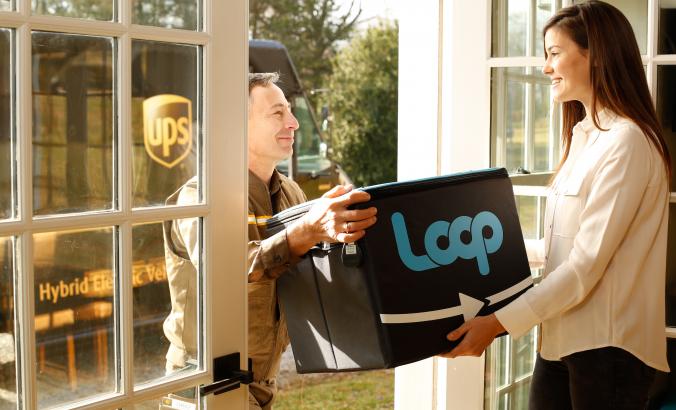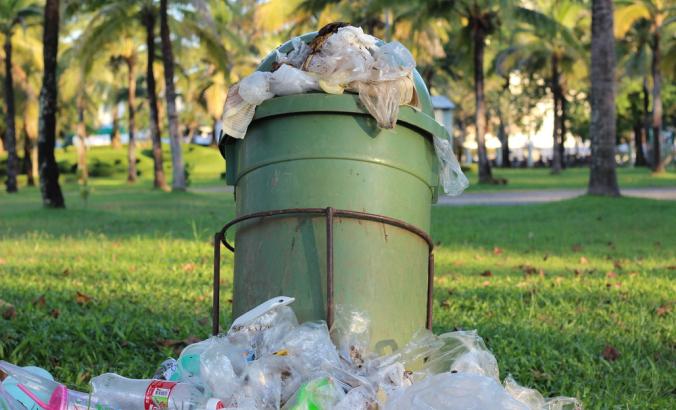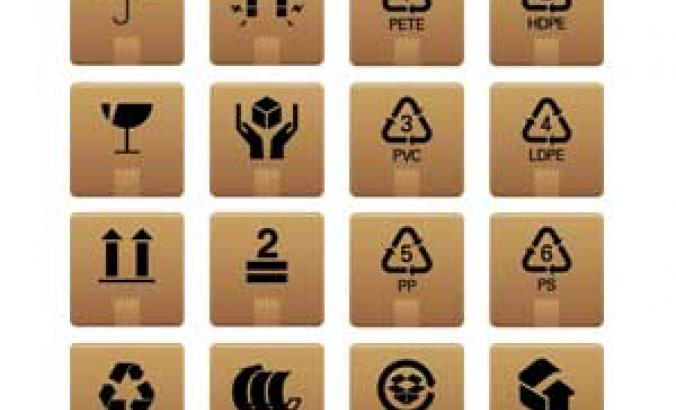走与贸易会议自废溶液谈话
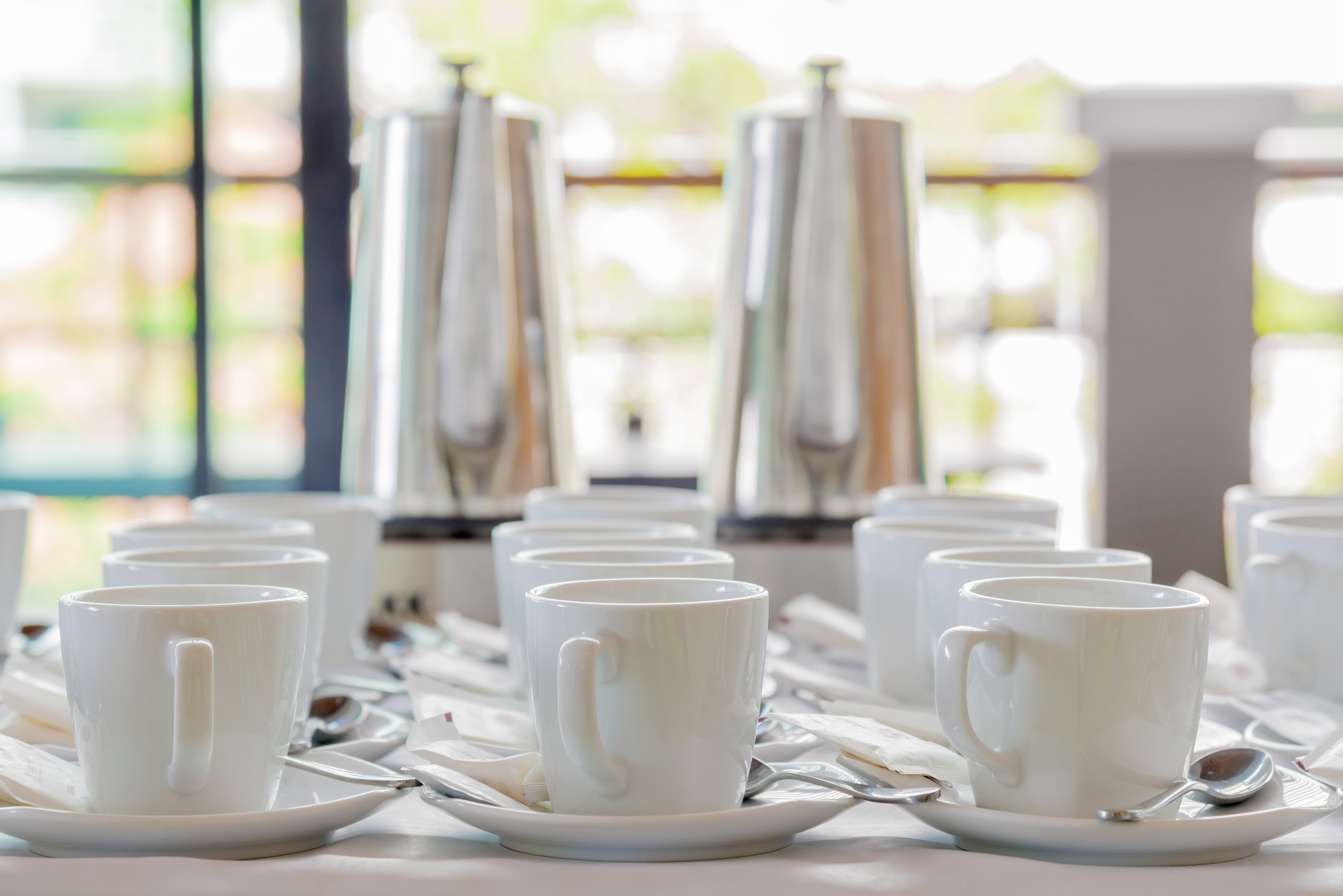
GreenBiz is partnering withTerraCycle在我们的GreenBiz 17会议zero waste efforts. This will enable us to divert more waste from landfills by repurposing typically non-recyclable and non-compostable material.
Conference organizers are tasked with planning a program that brings people together. Whether it is an educational retreat, a team-building getaway or a gathering of field professionals, conferences and large meetings are no small feat of preparation. Planning and running an effective conference experience considers all bases of finance, logistics and programming before, during and after the event.
Waste management is one such aspect of conference planning. Think about the last time you attended a professional conference or trade show. Did you bring your own coffee mug or drinking vessel? In case you did not, were coffee and other refreshments served in ceramic mugs and plastic or glass tumblers, or paper and polystyrene cups?
Walking yourself through the answers to these questions may bring to mind the many situations difficult-to-recycle conference waste items are thrown in the garbage bin or a dumpster and tracked for landfill or incineration. By and large, used food and beverage disposables such as coffee cups are not accepted by municipal recycling facilities due to their size, mixed material and contamination from contact with organic matter.
Conference organizers can take responsibility by supplementing the largely insufficient waste management systems of host venues with custom solutions.
Account for the hypothetical three cups for water or coffee a person might throw in the trash (assuming they don’t hold onto the same disposable cup) per day. Then multiply that by the number of days in each conference, by the conservative number of at least 100 people attending, times the over300,000 annual conferences in the U.S. (PDF)that occur each year, and the reduced cost of labor and logistics associated with disposables is eclipsed by a large volume of avoidable waste that these events generate.
Conference organizers can take responsibility for the unique volume of disposables created by these organized meetings by supplementing the largely insufficient waste management systems of host venues with custom solutions. For example, theGreenBiz 17 eventFeb. 14-16 in Phoenix features presentations, workshops and networking opportunities exploring pressing challenges and emerging opportunities in sustainable business.
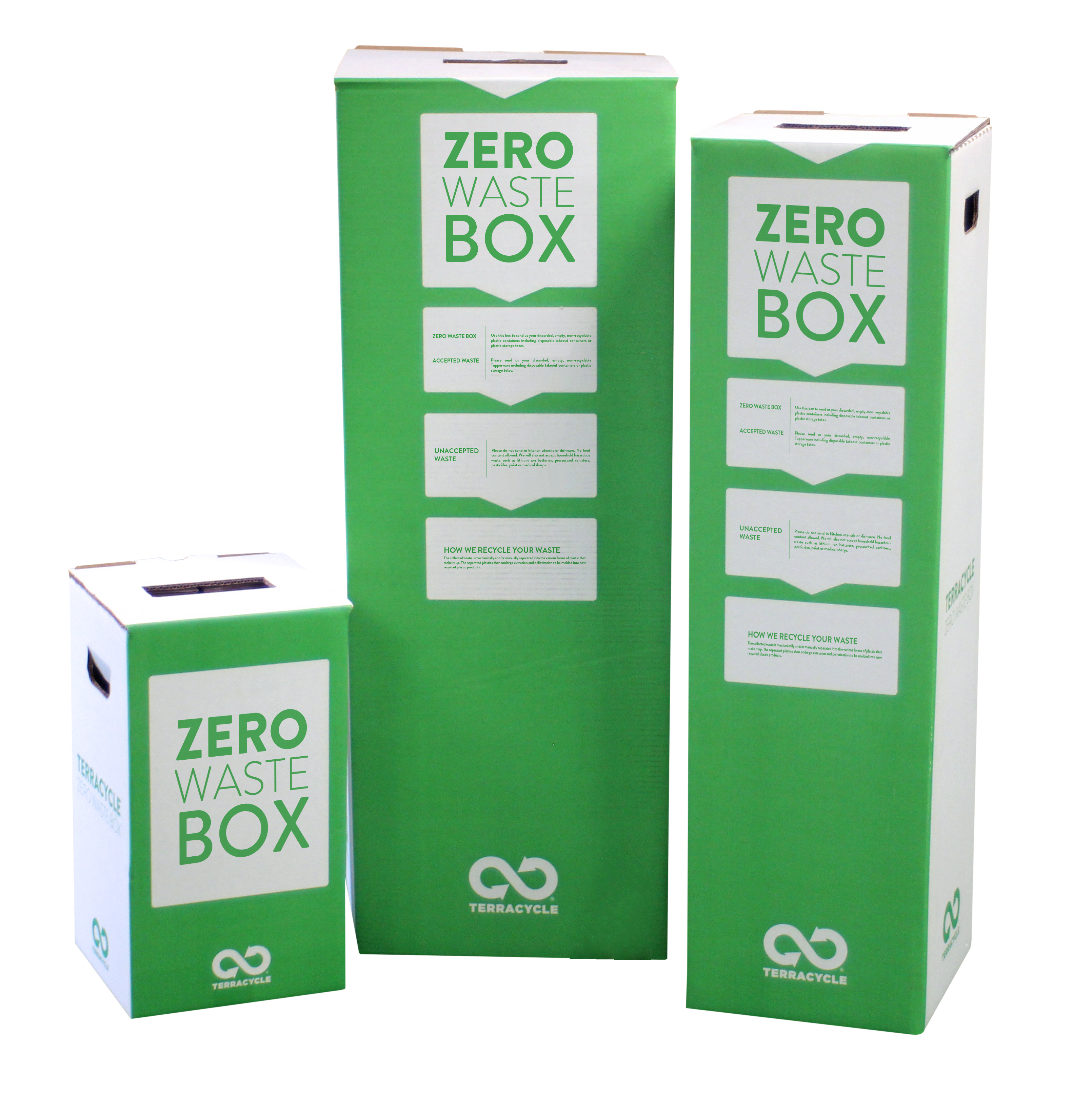
通过与TerraCycle的零废物箱师工作,the organizers at the GreenBiz forumwill outfit the conference venue with front-facing boxes for coffee cups on the show floor. Displaying them prominently alongside garbage receptacles and where refreshments are distributed, GreenBiz walks the talk of its mission in a practical sense, allowing conference attendees, speakers and personnel to do their part in the capture of these disposable, yet valuable, material resources.
GreenBiz is also using our recycling boxes for shipping and transport materials on the backend, andKitchen Separation — Zero Waste Boxfor the non-recyclable and non-organic waste generated in the kitchen behind-the-scenes. When done well, sustainable waste management may be an aspect of the conference attendees don’t notice up front, but integrating environmentally conscious practices into show planning processes can add value in a competitive conference industry market.
Zeroing in on the unique logistical and waste management needs of conferences and large meetings acknowledges that every problem we have with waste comes down to two things: economics and planning. By taking the initiative to create custom solutions for these distinctive situations, conference and meeting organizers can work sustainability into the event format and add zero waste values to their programming.

